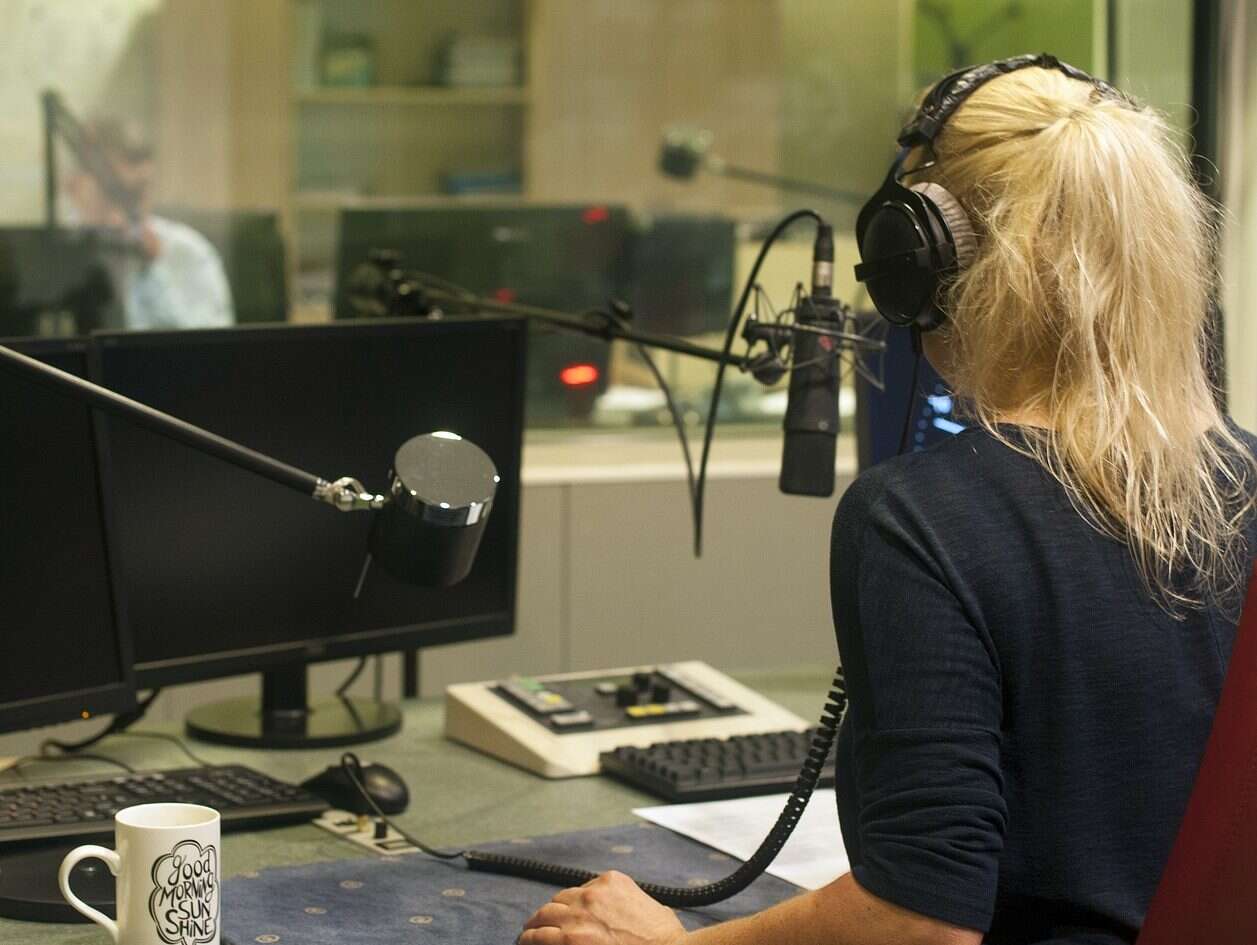
There is “still much more to do” to improve diversity in the radio industry, Ofcom said today following only its second annual report on the issue.
Ethnic minorities remain particularly under-represented in journalism roles while across the industry women in senior management and disabled staff were also below average, the report found.
Vikki Cook, Ofcom’s director of content and media policy, said broadcasters are making progress but “there’s still a long way to go before the radio industry reflects the communities it broadcasts to around the UK”.
Ofcom’s second “diversity and equal opportunities in radio” study – the first was published last year – found the proportion of employees from black, Asian and minority ethnic backgrounds in radio journalism roles had remained at eight per cent in 2018.
According to the Office of National Statistics, minority ethnic groups make up 12 per cent of the overall UK workforce.
At BBC radio, where half of all roles are classed as journalism, nine per cent of staff are BAME. At the two largest commercial radio groups, Global and Bauer, this figure was eight per cent and three per cent respectively.
Ofcom said minority ethnic employees remain “inadequately represented” across the industry but singled out Bauer as having “significant progress to make if the make-up of its workforce is to reflect truly its audiences”.
“We acknowledge Bauer is beginning to understand better the composition of its workforce and to embed various initiatives to increase its diversity in this area,” the report authors said.
“Starting from such a low base, its diversity must improve, and we expect clear strategies to achieve this.”
In a statement, Bauer Media said: “We are very aware of our challenges. We must increase the proportion of our workforce from a BAME background, a community which remains significantly under-represented at Bauer.”
Ofcom said broadcasters should set out a range of commitments with a clear target date by which improvements should be made. It also said the representation of minority ethnic groups should be monitored in more detail.
Gender balance across the UK radio industry remained static year-on-year with women making up 51 per cent of employees compared to 47 per cent of the national workforce.
Within journalism roles, the industry is made up of 47 per cent women which falls to 46 per cent at the BBC and rises to 53 and 56 per cent at Bauer and Global respectively.
Despite this, the report noted there has been little shift away from “male skewed” senior management teams across the industry, with an overall split of 63 per cent men to 36 per cent women in senior roles.
Sixty per cent of senior management roles in BBC radio were filled by men, rising to 64 per cent at Bauer and 70 per cent at Global.
Bauer acknowledged it has a “continuing challenge around the number of women in our programming teams and in senior management”.
Ofcom also urged the broadcasters to review their practices to understand why older women are underrepresented.
Almost all (97 per cent) of journalism staff at Bauer are under the age of 50. Across the industry this figure was 71 per cent.
“Broadcasters should consider why the proportion of women over 50 is particularly low, and what can be done to address this,” the report said.
Ofcom also raised concerns over the representation of disabled staff, who currently make up six per cent of radio employees – less than half the UK working average of 18 per cent. It said this was “disappointingly low”.
A spokesperson for Global Radio said: “Diversity and inclusion are very important to Global. It is a constantly evolving process and we are committed to making improvements year on year.
“We are already investing in future generations through our Global Academy which teaches young people broadcast and digital skills and where 39 per cent of the students are from a BAME background.”
A BBC spokesperson said: “The BBC is more diverse than it has ever been and we welcome Ofcom’s recognition of the programmes and targets that the BBC has in place.
“We know we have further to go on women and BAME leadership, including in BBC Radio, but we are moving firmly in the right direction with focused initiatives, support and recruitment practices.”
Read Ofcom’s full “diversity and equal opportunities in radio” report.
Picture: Andrzej Rembowski/Pixabay
Email pged@pressgazette.co.uk to point out mistakes, provide story tips or send in a letter for publication on our "Letters Page" blog
